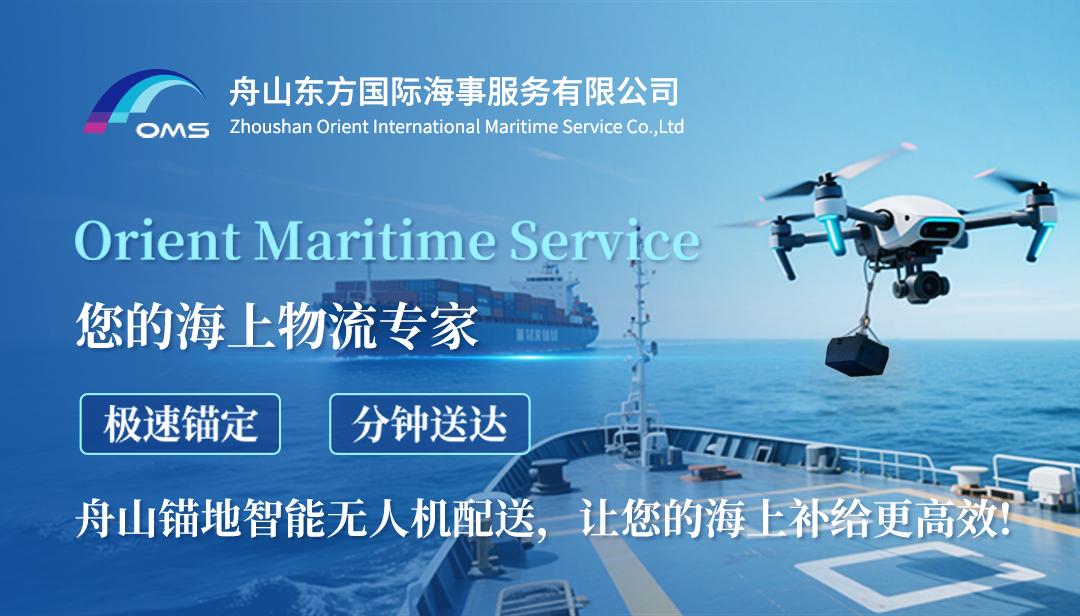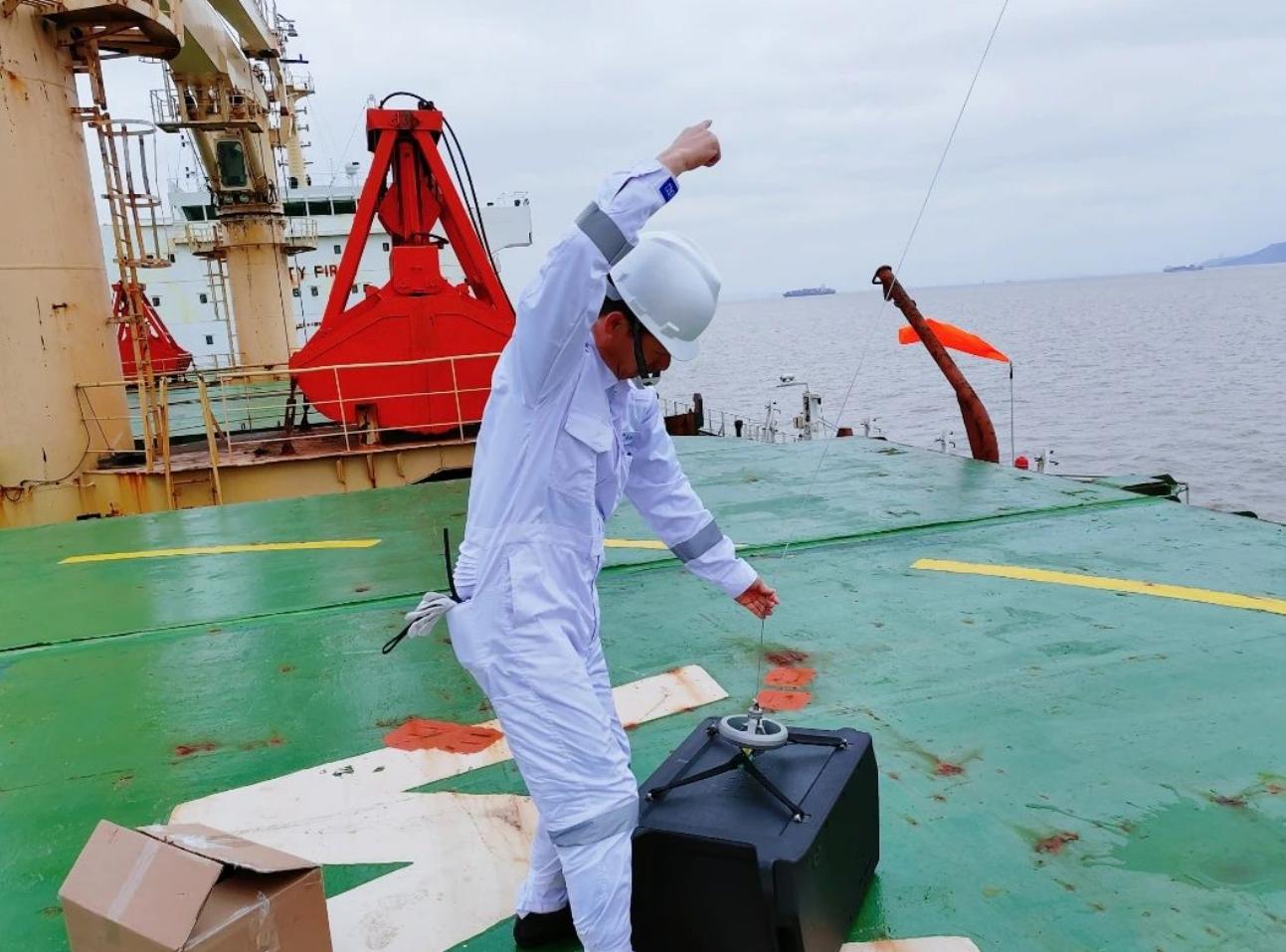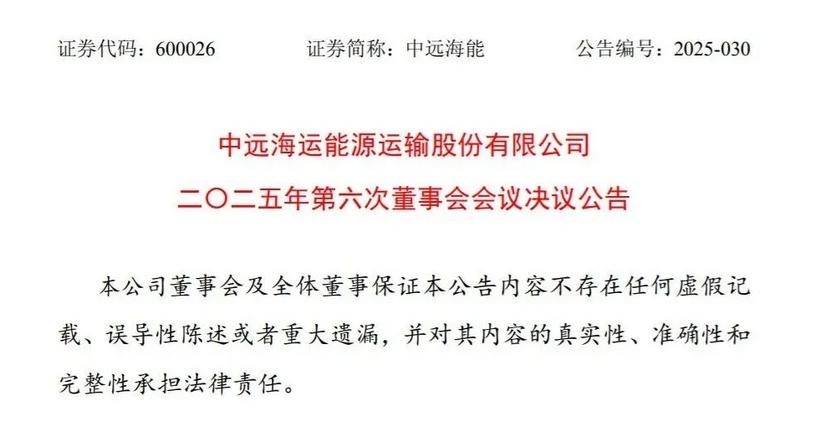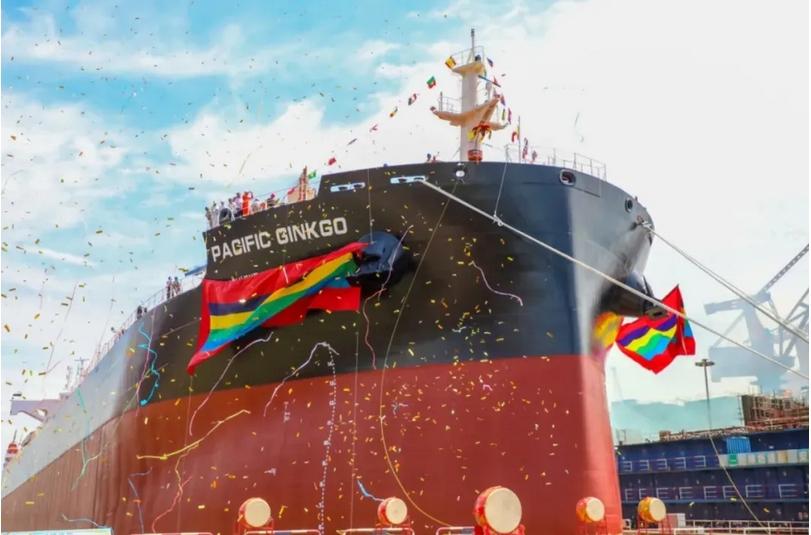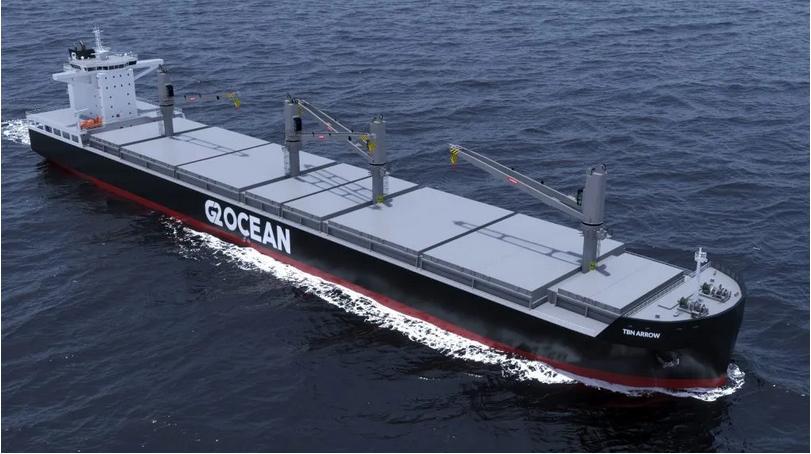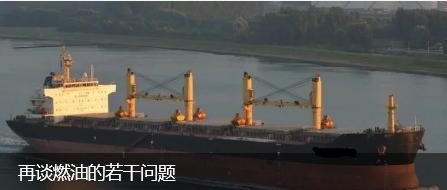
在航运实务中,出现争议在所难免,当然有些争议是可以避免的,比如通过拟定措辞清晰明确的条款来规避争议。有群友问了三个涉及燃油的问题,第一个是实际交船的时候少于合同规定的交船油量,导致承租人需要在高油价港口添加额外的燃油;第二个是承租人未支付油款,在执行过程中船东绕航去换船员,承租人是否有权利从租金中扣下绕航换船员期间的燃油消耗;第三个是,承租人是否有义务在第一期租金中支付油款。
首先来看第一个问题。在The Pantanassa [1958] 2 Lloyd’s Rep.449案中,关于交船油的条款,租约规定:…to be delivered with bunkers as aboard at the current Moji price, plus barging (expected about 6/700 tons);但在实际交船的时候有936吨。虽然船东的经纪人在合同中关于油量的有加入“in good faith”,但Diplock 勋爵认为船东对于他们的预计的油量并没有什么合理的理由,船东违约,船东得为他们预估不准负责。
很显然,多交油的情况下,承租人有权利索赔损失,不仅仅包括可能订到便宜的燃油的油价差,还有随之而来的运费索赔,因为多了燃油导致少装货。当然这种情况是在吃水受限制,或者船舶能够满载的情况下才会出现运费索赔;但如果船舶不满载,则没有运费索赔一说,因为不管船东多交了多少油,都不会影响到租家的最大装货量问题。同样地,如果船东少交了油,导致承租人需要额外添加高价燃油,承租人也很显然是可以索赔这个油价差。
更明显的,如果在租约中船东已经保证了船存燃油足够执行承租人意向的航次任务,那么如果短少了,则船东得为此负责。此外,如果承租人在安排加油计划的时候,由于船长的计算失误,导致了添加的燃油不足以执行整个航次,承租人需在半途额外绕航加油,则船东得为此额外加油的时间及费用负责。这方面的问题可以参考如下:
第二个和第三个问题涉及到合约解释。如之前反复强调的,合同必须把所有条款当作一个整体来看待,不能孤立地看某个条款;如果条款有任何模糊的地方,将作出对承租人不利的解释;模糊的条款对承租人没有保护。
现在以常见的期租合同格式NYPE为例,先看看不同版本中对燃油和租金支付的相关规定。
NYPE46格式
2. That the Charterers shall provide and pay for all the fuel…
3. That the Charterers, at the port of delivery, and the Owners, at the port of re-delivery, shall take over and pay for all fuelremaining on board the vessel at the current prices in the respective ports…
4. That the Charterers shall pay for the use and hire of the said Vessel…, including bunkersand stores,…
NYPE1993格式
Clause 7, Charterers to Provide:
The Charterers, while the Vessel is on hire, shallprovide and pay for all the bunker…
Clause 9, Bunkers:
(a) The Charterers on delivery, and the Owners on redelivery, shall take over and pay forall fuel and diesel oil remaining on board the Vessel...”
Clause 10. Rate of Hire/Redelivery Areas and Notices:
“The Charterers shall pay for the use and hire of the said Vessel..., including bunkersand stores...”
Clause 11. Hire Payment:
“(c) Last Hire Payment
Should the Vessel be on her voyage towards port of redelivery at the time the last and/or the penultimate payment of hire is/are due, said payment(s) is/are to be made for such length of time as the Owners and the Charterers may agree upon as being the estimated time necessary to complete the voyage, and taking into account bunkers actually on board...”
NYPE2015格式
7. Charterers to Provide
(a) The Charterers, while the Vessel is on-hire, shall provide and pay for all the bunkers except as otherwise…
9. Bunkers
(a) Bunker quantities and prices
*(i) The Charterers on delivery, and the Owners on redelivery or any termination of this Charter Party,shall take over and pay for all bunkersremaining on board the Vessel as hereunder. The Vessel’s bunker tank capacities shall be at the Charterers’ disposal. Bunker quantities and prices
on delivery /redelivery to be
*(ii) The Owners shall provide sufficient bunkers onboard to perform the entire time charter trip. The Charterers shall not bunker the Vessel, and shall pay with the first hire payment for the mutually agreed estimated bunker consumption for the trip, namelymetric tons at(price). Upon redelivery any difference between estimated and actual consumption shall be paid by the Charterers or refunded by the Owners as the case may be.
*(iii) The Charterers shall not take over and pay for bunkers Remaining On Board at delivery but shall redeliver the Vessel with about the same quantities and grades of bunkers as on delivery. Any difference between the delivery quantity and the redelivery quantity shall be paid by the Charterers or the Owners as the case may be. The price of the bunkers shall be the net contract price paid by the receiving party, as evidenced by suppliers’ invoice or other supporting documents.
*(i), (ii) and (iii) are alternatives; delete as applicable. If neither Sub-clause (i), (ii) nor (iii) is deleted then Sub-clause (i) shall apply.
11. Hire Payment
(e) Last Hire Payment
…the Charterers shall have the right to deduct the value of bunkers on redelivery from last sufficient hire payment(s).
如合同无相反规定,那么在期租期间,承租人必须得提供燃油并且支付燃油费用。承租人提供燃油且支付燃油的费用是绝对的,从某种意义上说,他们必须实际提供规定的项目,而不仅仅是为此尽职尽责。
在未披露的Nippon Yusen Kaisha v. Alltrans Group of Canada Limited,案中,合同是NYPE租约格式。仲裁员裁决依NYPE租约格式第二条,租家提供准确的燃油的责任是绝对的。租家认为其只需尽勤勉就可以,不服仲裁员裁决开始上诉,但法院认为仲裁员的裁决是不可挑战的,租家在任何情况下,都得为燃油质量负责。
该问题再次来到London Arbitration 1/88案,在该案中,也是以NYPE租约格式,船舶规范中关于燃油的部分描述为“IF 180CST”。在接收承租人安排的燃油,在使用该燃油后,燃油的喷射设备遭受问题,随后导致气缸套和活塞顶损坏;最终船舶不得不绕航进行修理。仲裁员认为承租人提供符合船舶机器规范要求的燃油的责任是绝对的,但承租人抗辩说合同已经明确规定提供指定的“IF 180CST”,这个是包含在合同中唯一的燃油标准,因此承租人只需尽勤勉,去提供该规范的燃油。
承租人所提供的燃油总体质量必须是适当的,适合特定船舶所装备的机型。仲裁庭接受船东的主张,最终做出对船东有利的判决。
关于燃油,似乎有越来越多的共识,即使在租船合同中没有燃油质量条款/燃油规范,承租人有绝对的义务提供适合船舶机器的燃油。如果机器在任何方面都不是标准的机型,需要非标准的燃油,船东对承租人有告之义务;否则,毫无疑问将简单地提供适合标准机型的燃油。
因此,如果因为承租人提供的燃油有问题,导致了船期延误,比如需要做化验,或者把油驳出去等等,在这种情况下这些延误是因为承租人方的原因造成的,则承租人不可以停租。同理,如果是因为燃油本身的问题,比如燃油是受制裁的问题油,那么所造成的延误及损失都将由承租人自己承担。如London arbitration 13/04案,仲裁庭裁定承租人违反了默示条款,提供了受制裁的燃油,导致船舶被扣,船东有权利索赔由此造成的一切损失。
常见的燃油数量条款,假设只有两种油,低硫重油和低硫轻油,相关的条款大致可分为如下:
i) Bunker quantity on delivery about LSFO 1,000mts and about LSDO 50mts, Bunker quantity on redelivery to be about the same as quantity & grade on delivery. 这类条款的本意就是船东交给承租人多少油,那么承租人就按照与交船油量/种类大约一致来还船。
ii) Bunker quantity on delivery about 1,000mts LSFO and about LSDO 50mts, Bunker quantity on redelivery as on board. 这类条款就是承租人不需要还油,还船的时候船上剩多少就是多少。
iii) Bunker on delivery about 1,000mts LSFO and about 50mts LSDO, Bunker on redelivery about 500mts LSFO and about 50mts LSDO.这类条款,可能船东处于某种目的,比如修船,或者如果是二船东的话,背靠背再还给原船东;而要求还船的时候还某个量。
更简单的BOR about the same as BOD,这种条款,仅仅是对还船油量进行规定,至于是否需要在第一期租金中支付油款,就得结合合同其它条款。比如NYPE46格式的第3条,NYPE1993或NYPE2015格式的第9条“shall take over and pay for all fuel”,在交船的时候承租人必须接收和支付所有油款。如果承租人不想支付油款,那么必须额外的条款来规定,比如NYPE2015格式的第9条(iii) “The Charterers shall not take over and pay for bunkers Remaining On Board at delivery but shall redeliver the Vessel with about the same quantities and grades of bunkers as on delivery.”这样就达到承租人想要的目的,承租人在第一期租金中不必支付油款,只要最终达到交还船大约一致即可。
一般长期期租合同,都会约定交船的燃油价值需同第一笔租金一起支付。比如:Bunker value on delivery to be paid together with first hire payment. 当然如果是一个航次期租的话,计算这么约定,往往燃油金额远超租金,承租人会拒绝支付交船的燃油价值,而直接支付租金到预计的还船时间。这也是租金条款中,常见的Charterers are entitled to deduct the bunker value from last sufficient hire payment. 市场起伏多变,船东为了规避风险,承租人安排加油的时候,最好是要求承租人和供油商提供Bunker Non Lien Notice。供油商在收到此类notice的时候,一般都会谨慎起来;如果感觉有风险,会去找订油方查核问题。当然,最好是在签订前,就把类似的条款并入到租约中去。如果承租人未按要求提供此Bunker Non Lien Notice,则船东有权利拒绝加油,所有由此造成的延误,时间损失等承租人独自承担,且承租人不可以停租。
承租人需要记住的是,承租人只有在购买支付了燃油款项,燃油才成为承租人的财产;包括在期租期间安排的燃油,船东只是受托人。参Sheen法官在The Saint Anna [1984] 1 Lloyd’s Rep.119案中所说,如果承租人购买了燃油,那么燃油是他们的财产,除非当事人明确,毫不含糊地同意此财产应归属于船东。如果承租人未支付任何油款,那么船存燃油很显然是船东的财产,承租人没有权利从租金中抵扣所谓的绕航等额外的燃油消耗,否则将直接导致租金支付不足。
海运圈聚焦专栏作者Alex (微信公众号 航运佬)

 2025-05-30
2025-05-30 412
412 

